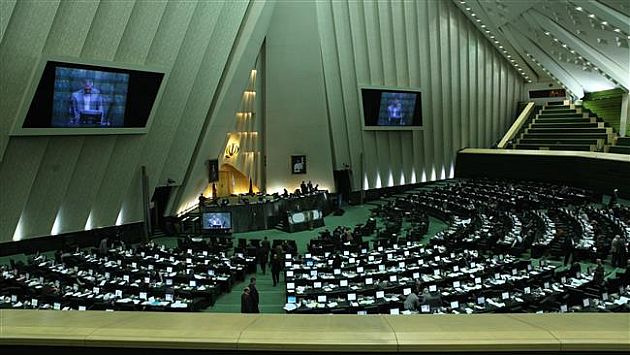Membership in Palermo Convention to Boost Iran’s Credit

The unconditional opposition of some critics over Iran's membership in any international organization has turned into a continuing serial in the country's political sphere. After the JCPOA and the FATF, the Convention against Transnational Organized Crime (the Palermo Convention) has become a controversy among critics of the administration in recent weeks.
These oppositions come while some of the opponents basically do not study the bills passed in the Parliament, have no idea of the international conventions and organizations Iran tries to join, and express their views based on distrust of the administration and the propaganda against it.
As for the Palermo convention, opposition includes the bill's contradiction with the Islamic principle of Denying Disbelievers Dominion over Believers (supposedly paving the way for control over the Islamic Republic), difference between Iran and other countries in their definitions of money laundry and terrorism, or blocking IRGC's activities and support for Hezbollah. All these indicate on the one hand the critics' unawareness of the Palermo convention and their unfamiliarity with international law and processes and conditions of membership in such international institutions on the other hand.
The provisions of the Palermo convention, it should be said that, as the Foreign Ministry put in its statement, are absolutely technical, concerning "Transnational Organized Crime" such as trafficking drugs, humans, illegal immigrants, and cultural and historical heritage and the revenues of such crimes which have always been a security concern for Iran. Moreover, the convention does not view terrorism, financial sponsoring of terrorism and other crimes through a political lens.
Furthermore, like in many other international treaties, the Palermo convention allows reservation. Many of the member states have resolved their sovereignty and security concern by making their right of reservation to the convention. The approval of the Convention against Transnational Organized Crime in Iran's Majlis also took place by considering the right, which means Iran can exclude some provisions of the convention.
One of the major conditions Iran has announced as reservation is that the implementation of the convention should have no negative bearing on the legitimate and accepted right of nations under foreign colonization and occupation to fight against the aggression and occupation or their right of self-determination. Based on the apolitical nature of the convention, the condition does not even seem necessary and serves only as a precaution.
Another major issue is that before Iran's membership in the international convention, only 8 UN member states including Guinea-Bissau had failed to join, which renders the membership inevitable for Iran because in international law, treaties accepted by a majority of countries gradually turn into norm and become binding even for non-members.
Beside such considerations, it should be noted that membership in internationally popular conventions like Palermo boosts the country's international credits and provides significant interests including appropriate ground for mutual, multilateral, and regional cooperation with member states to fight threats caused by organized crimes, particularly judiciary cooperation and extradition of offenders. Therefore, given the increasing importance of some instances of transnational organized crimes for the country, like the smuggling of historical objects and properties, Iran can improve its judiciary measures at an international level, using the potentials of the convention. The opponents of the convention should pay close attention to the provisions of the Palermo convention and prioritize national interests over partisan ones.

